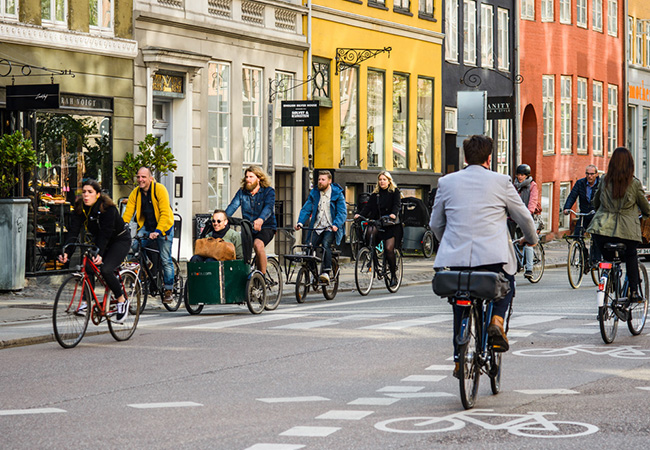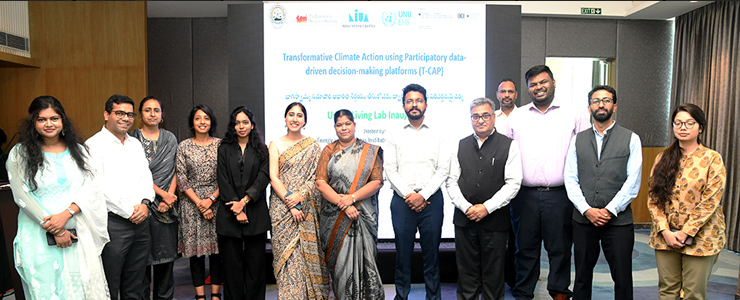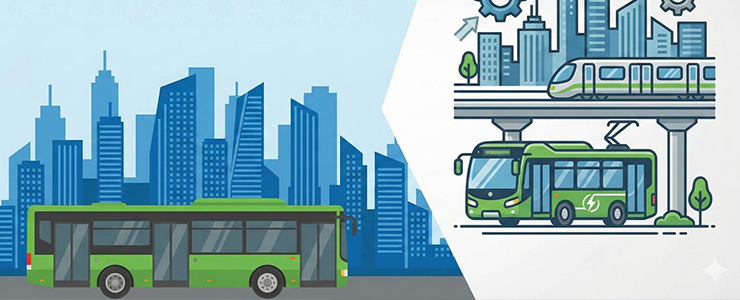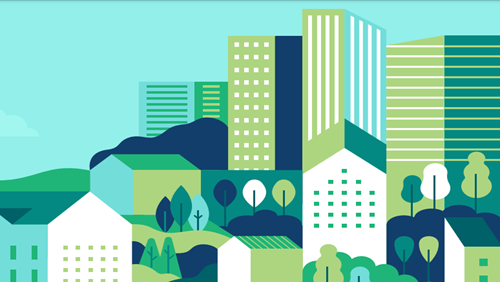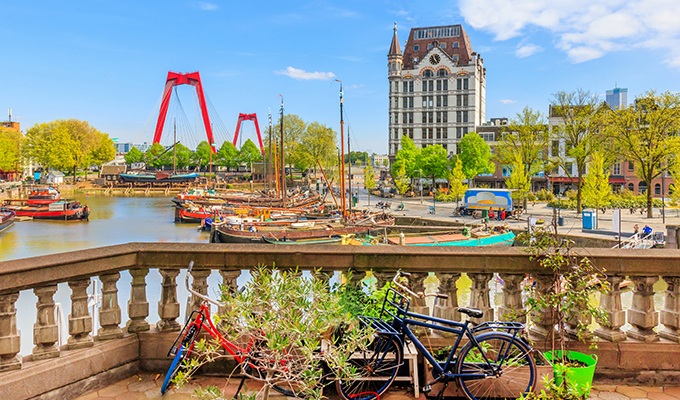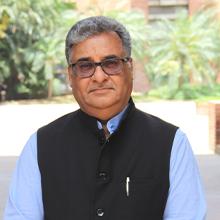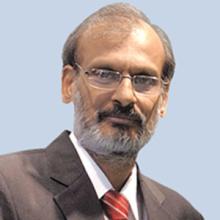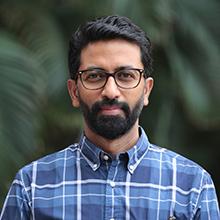India AI Impact Summit must put cities at the centre
February 19, 2026
,
| Deccan Herald
AI’s success will not be measured in keynote addresses or global rankings, but in whether flood forecasts arrive earlier, heat action plans target the right neighbourhoods, infrastructure avoids maladaptation, and governance becomes anticipatory rather than reactive writes Ms Anushree Harde, Associate Fellow & Shri Prakash, Distinguished Fellow, Transport and Urban Governance Division, The Energy and Resources Institute (TERI).
India’s freight emissions could rise 400% by 2047 without urgent reform: SFC–TERI report
February 13, 2026 |
February 17, 2026
Down To Earth
The whitepaper, titled Institutionalising Freight Emissions Accounting in India: Pathways for Clean Freight Programs and Policy Integration, calls for a nationally harmonised freight emissions accounting framework aligned with ISO 14083.
From Data to Decarbonisation: SFC–TERI Whitepaper Anchors India’s Freight Emissions Accounting
February 11, 2026 |
February 11, 2026
Global Agriculture
Smart Freight Centre (SFC) India, in collaboration with The Energy and Resources Institute (TERI) and IIM-Bangalore, released a Whitepaper titled, Institutionalizing Freight Emissions Accounting in India: Pathways for Clean Freight Programs and Policy Integration at the high-level convening, “Road to Zero Emissions: Measuring and Reporting Freight Emissions”, held in New Delhi.
Niti Aayog plans to advocate 90% EV share in private vehicles by 2047
January 29, 2026 |
January 29, 2026
Mint
Still, to reach high levels of electrification, India needs to overcome hurdles according to Mr Sharif Qamar, Associate Director, Transport & Urban Governance Division, The Energy and Resources Institute (TERI).
Belém Indicators Explained: The New Climate Scorecard India Cannot Ignore
January 15, 2026
| Mr Shri Prakash; Ms Sonal Singh, TERI
| ABP Live
With climate risks rising, new Belém Adaptation Indicators aim to guide funding and action, as India looks to align its national adaptation plans with local realities and climate resilience goals Mr Shri Prakash, Distinguished Fellow & Ms Sonal Singh, Research Associate, Transport & Urban Governance Division, TERI.
From road to rail: Unpacking India's transport strategy to meet national climate commitment
December 30, 2025
| Mint
As countries struggle to meet NDC commitments amid rising global temperatures, the transport sector is key writes, Mr Sharif Qamar, Fellow & Associate Director, Transport and Urban Governance Division, TERI.

